Merida, Yucatan, Mexico – As part of the collaboration projects of the Yucatan Initiative between TAMU and SIIDETEY, derives a follow-up visit led by a representing delegation from TAMU along with a group of specialists with the objective to carry out specific activities that will allow to enhance the reach of the agreement between both instititutions.
In such matter, the specific objetives of the visit focused on:
- Identification, characterization and planning of future Internet2 connectivity in Yucatan
- Preliminary exploratory work on the Port of Progreso (Yucatan). This will target three research areas as part of the planning of the site characterization:
- Optimal technology selection for the widening and deepening of the ship’s access channel to the port, and identification of potential environmental impacts
- Effect of sea-level rise on the aquifers’ health
- Geological characterization for energy mining and carbon sequestration
- State of the art review on Engineering Education
- Establishing research oriented industry networks, particularly in the energy sector
In regards to Internet Connectivity, Dr. Medina-Cetina invited Dr. Pierce Cantrell and Dr. Walter Magnussen from Texas A&M University to lead the effort.
Dr. Cantrell has been a member of the Texas A&M faculty in the Department of Electrical and Computer Engineering since 1982. He received his B.S., M.S. and Ph.D. degrees, all in electrical engineering, from the Georgia Institute of Technology. He is the former vice president and associate provost for information technology and the chief information officer at Texas A&M University, and the former chief information officer of the Texas A&M University System.
Dr. Magnussen is currently Director for Telecommunications at Texas A&M University and directs the TAMU Internet2 Technology Evaluation Center (ITEC). The ITEC is the premier higher education public safety emergency communications center in the United States. Dr. Magnusen received his bachelors and masters degrees from the University of Minnesota and his Ph.D. from Texas A&M University. He has an appointment with Internet2 where he serves as Public Safety Advocate for the US UCAN project.
For task 2 on the preliminary exploratory work on the Port of Progreso Yucatan , Dr. Medina-Cetina led the effort along with a collegue from the Offshore Site Investigation and Geotechnics Committee (OSIG-SUT Houston), Dr. Dan McConnell from Fugro, a global company leader in geo-site investigation.
Dr. Medina-Cetina has been a member of the Texas A&M faculty in the Civil Engineering Department since 2008, where he is the Director of the Stochatic Geomechanics Laboratory SGL. He received his Bachelor Degree in Civil Engineering from the Universidad Autonoma de Yucatan UADY, his Mater of Engineering from the Universidad Autonoma de Mexico UNAM, and his Master of Science and PhD from the Johns Hopkins University JHU. Dr. Medina-Cetina was recently re-elected as Chair of the Offshore Site Investigation and Geotechnics Committee for the Society of Underwater Technology. He also holds an adjunct faculty position at the Petroleum Engineering Department at Texas A&M.
Dr. Dan McConnell began his geoscience career with Scott-Pickford, a British geoscience consulting group. He began to focus on marine geology and geophysics when he joined Fugro-McClelland Marine Geosciences in Houston in 1997. Dan left Fugro in 2003 to start a Houston-based geohazard consulting group at AOA Geophysics, which would augment their seafloor mapping and seep survey business. Dan returned to Fugro in 2011 when AOA Geophysics was acquired and integrated with Fugro’s offshore consulting group. He now works on aligning and integrating Fugro’s service offerings across the Americas. Dan holds two degrees, History and Geology, from the University of Texas at Austin.
For the task on establishing research oriented industry networks (task 4), Dr. Medina-Cetina and Mr. John Allen, Chair of the External Advisory Board on Graduate and Distance Education Program on Risk Assessment and Management for Energy Projects (RAM-EP) at Texas A&M, both led the task to completion.
Mr. Allen, retired from General Electric where he was the GE-Global Investment Energy Accounts Manager, is a current Board Member and Executive Board Member of the Research Partnership to Secure Energy for America (RPSEA), of the Unconventional production (shale gas) and Small Producers as well as Deepwater in the Gulf of Mexico and other National Resources. He is a member of multiple technical committees, including: the steering committee for the Environmentally Friendly Drilling EFD program; of the DeepStar Senior Advisors Board; and of the Society of Underwater Technology SUT. He lectures in Power and Processing, and is the chairman of the American Petroleum Institute API/ISO 17N committee on Reliability and Integrity. He is also a member of the learned Society of Petroleum Engineering SPE (Committee Chair and steering committee member). Mr. Allen obtained a degree in Physics and an associate degree in Oceanography (from the Institute of Oceanographic Sciences), a Masters in Engineering (from the University of London), and an Executive MBA (from the University of Bath). He is also a Chartered Engineer and a Fellow and lecturer at the Society of Underwater Technology SUT.
The topics and questions approached on each meeting were:
Internet
- ¿How are the public and private internet services organized in the State?
- ¿What is the actual connectivity for public and private users?
- ¿What are the internet connectivity plans for Yucatan?
Energy
- ¿Which are the types and sources of energy available in Yucatan?
- ¿Which is the existant infrastructure to supply energy to Yucatan?
- ¿Which is the growth rate of energy demand in Yucatan?
- ¿Which are the future plans to expand the energy sector in Yucatan?
- ¿Which is the extant geologic and hydrogeologic knowledge base in Yucatan?
- ¿What is the potential for mining energy in Yucatan?
Yucatan Coast
- ¿Exists a coastal sediments transport program in Yucatan that includes beach restoration?
- ¿Exists any saltworks intrusion measure in the State´s aquifers?
- ¿Exists any study in climate change that refers to the sea level rise in Yucatan?
- ¿Could it be possible to have a presentation about the existant configuration of the Muelle?
- ¿Which are the plans for the Muelle and Puerto expansion?
- ¿Which would be the social, economic, and environmental impact considering the Muelle´s expansion?
The participating institutions en the working session were:
- CONACYT
- CONCYTEY
- SEDUMA
- SEFOE
- SEGEY
- Strategic Projects Office of the State Goverment
- SCT
- CFE
- API
- Progreso Marine Customs
- UMDI Sisal – UNAM
- CICY
- CINVESTAV
- CIMAT
- Engineering Faculty of the Autonomous University of Yucatan (UADY)
- Chemistry Engineering Faculty, UADY
- Mathmatics Faculty, UADY
- Progreso Superior Technological Institute
- Motul Superior Technological Institute
- Modelo University
- CANIETI National
- CANIETI Regional
- Direction of Engineering and Development of Yucatan
- ENERSURESTE Group
- LODEMO Group
- Merida City Council




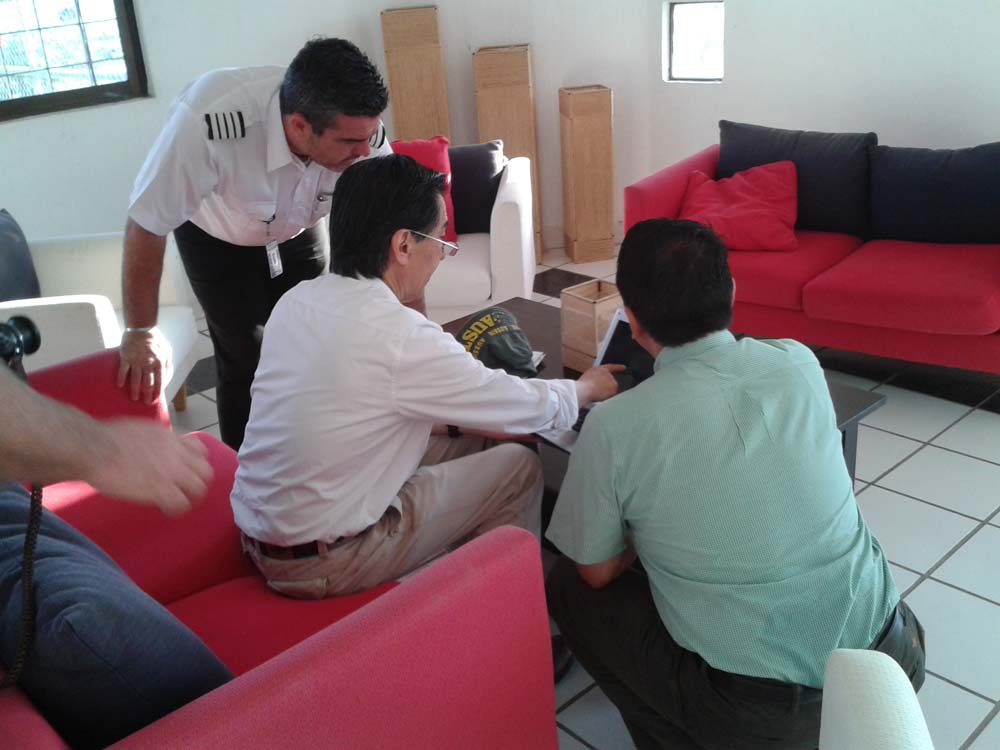
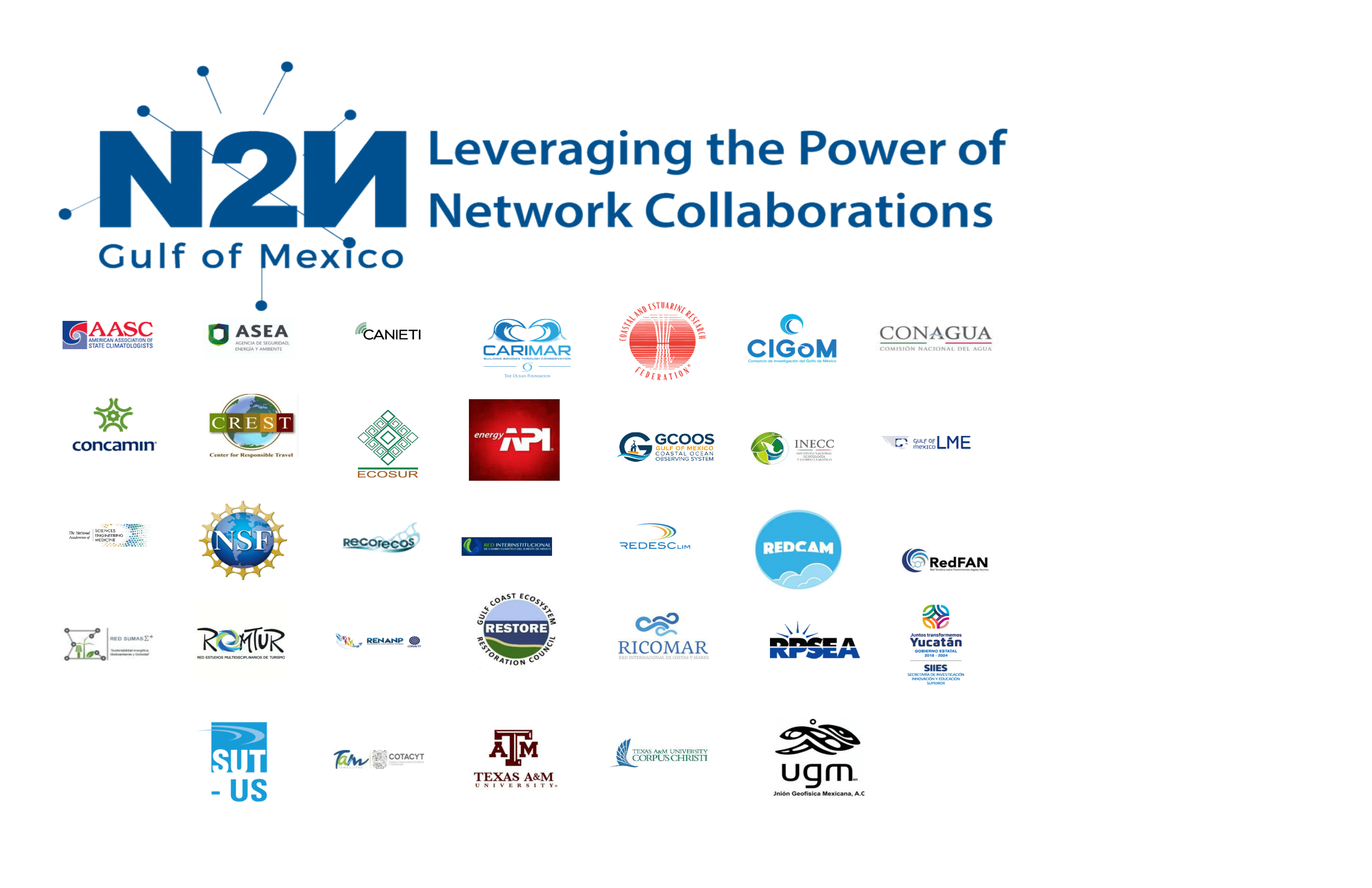
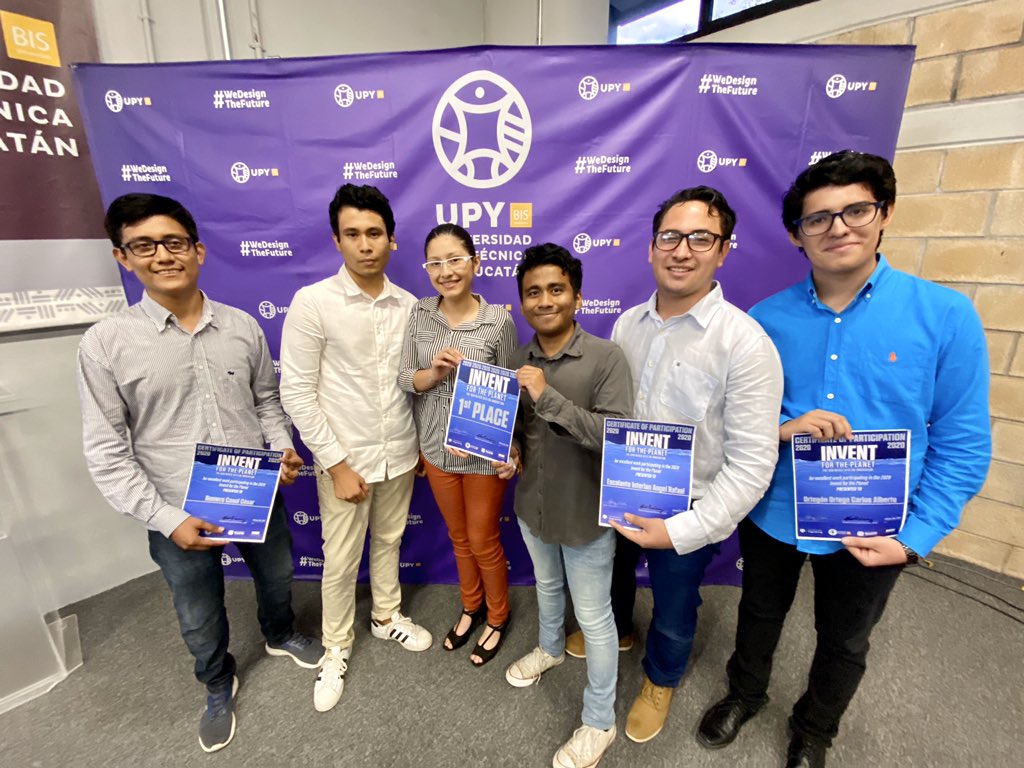
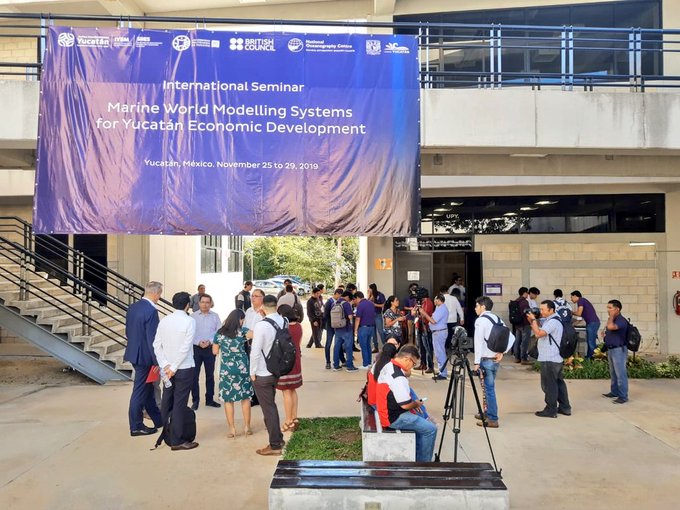
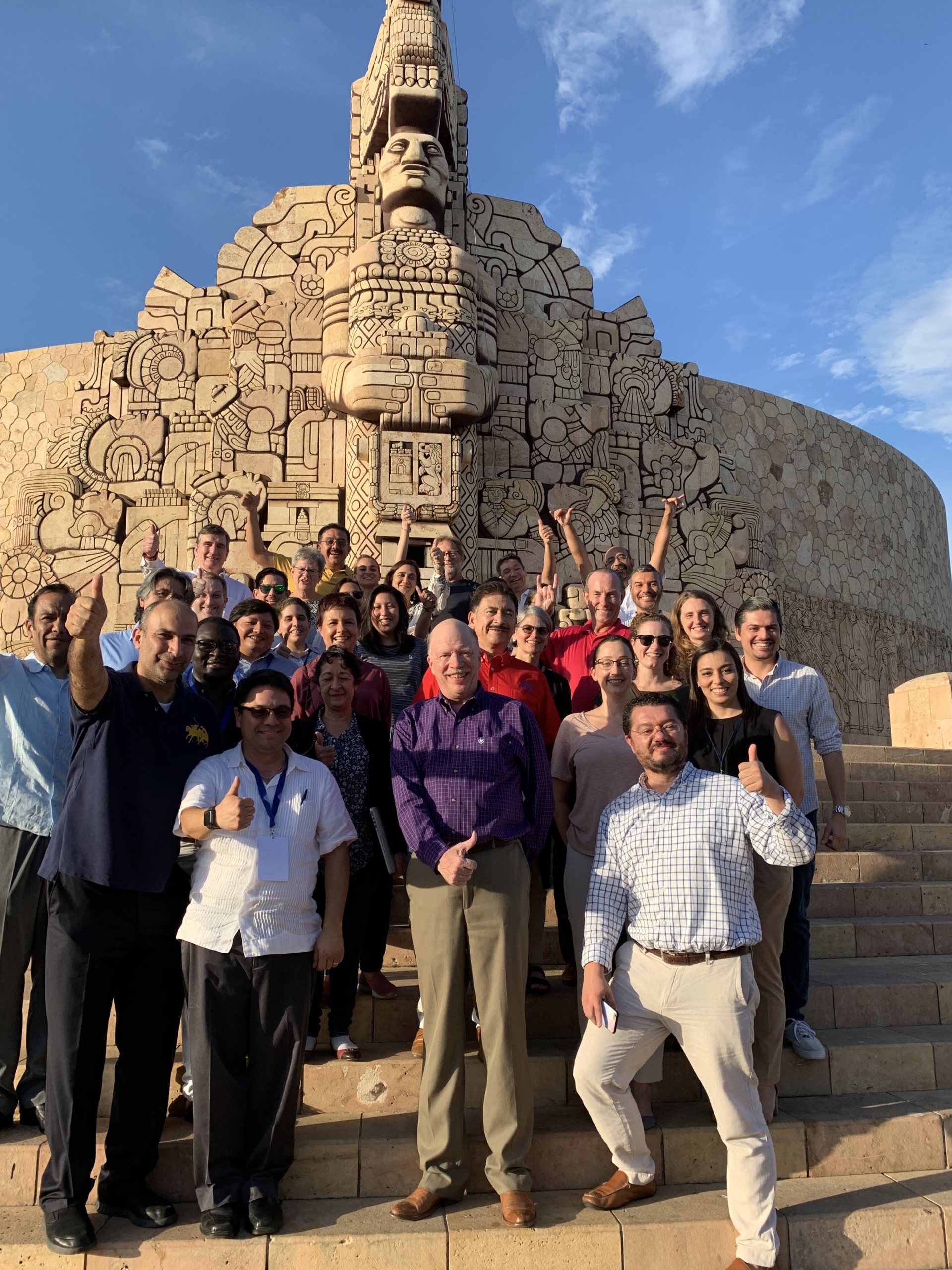
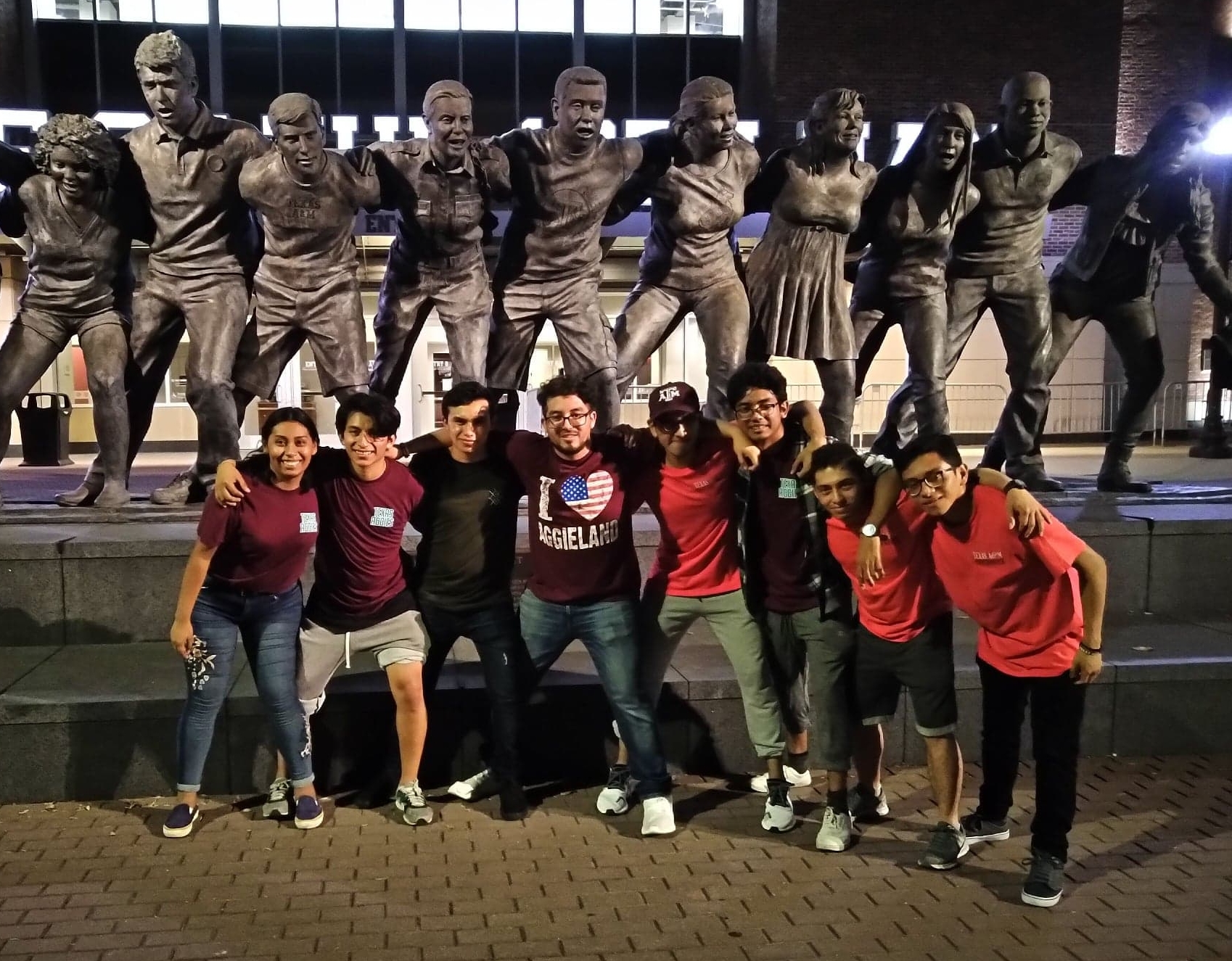
Follow Us